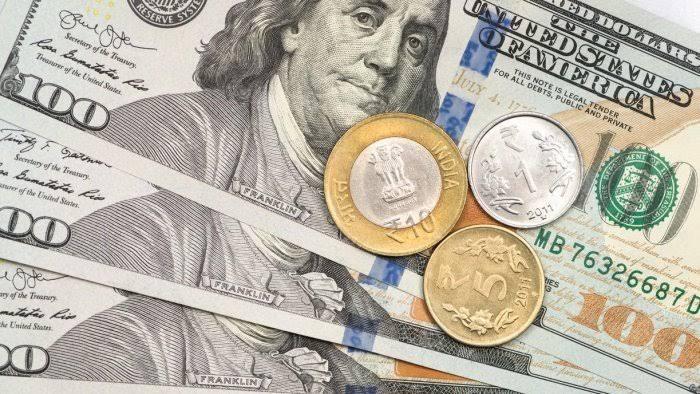Nigeria’s Foreign Reserves declined to $33.1 billion as of February 8, 2024
The Central Bank of Nigeria (CBN) has disclosed that the Nigeria’s foreign reserves, which stood at $37.1 billion on January 3, 2023, declined to $33.1 billion by February 8, 2024, according to its data on gross foreign reserves movement. This represents a 10.7% decrease ($4 billion) in foreign reserves. Consequently, the number of months of imports equivalent decreased from 7.6 months in January 2023 to 6.8 months as of February 8, 2024.
The decline in Nigeria’s foreign reserves can be attributed to various factors, including low export earnings due to continuous low production of crude oil and crude oil swaps, as well as low capital importations. Given the significance of foreign reserves in facilitating import payments and managing exchange rates, it is crucial for the government to prioritize actions that can mitigate the depletion of reserves in the short term, while also implementing measures to enhance foreign exchange earnings in the medium and long term.
In the short term, it is essential to further strengthen investor confidence through regular communication with relevant stakeholders to prevent significant capital outflows. Additionally, the government should enact policies that reduce obstacles to remittances from the diaspora, thereby increasing Nigeria’s foreign reserves. Furthermore, supporting export-oriented sectors by enacting specific legislation and providing incentives to enhance the competitiveness of non-oil exporting companies in global markets can contribute to boosting reserves in the medium and long term.




